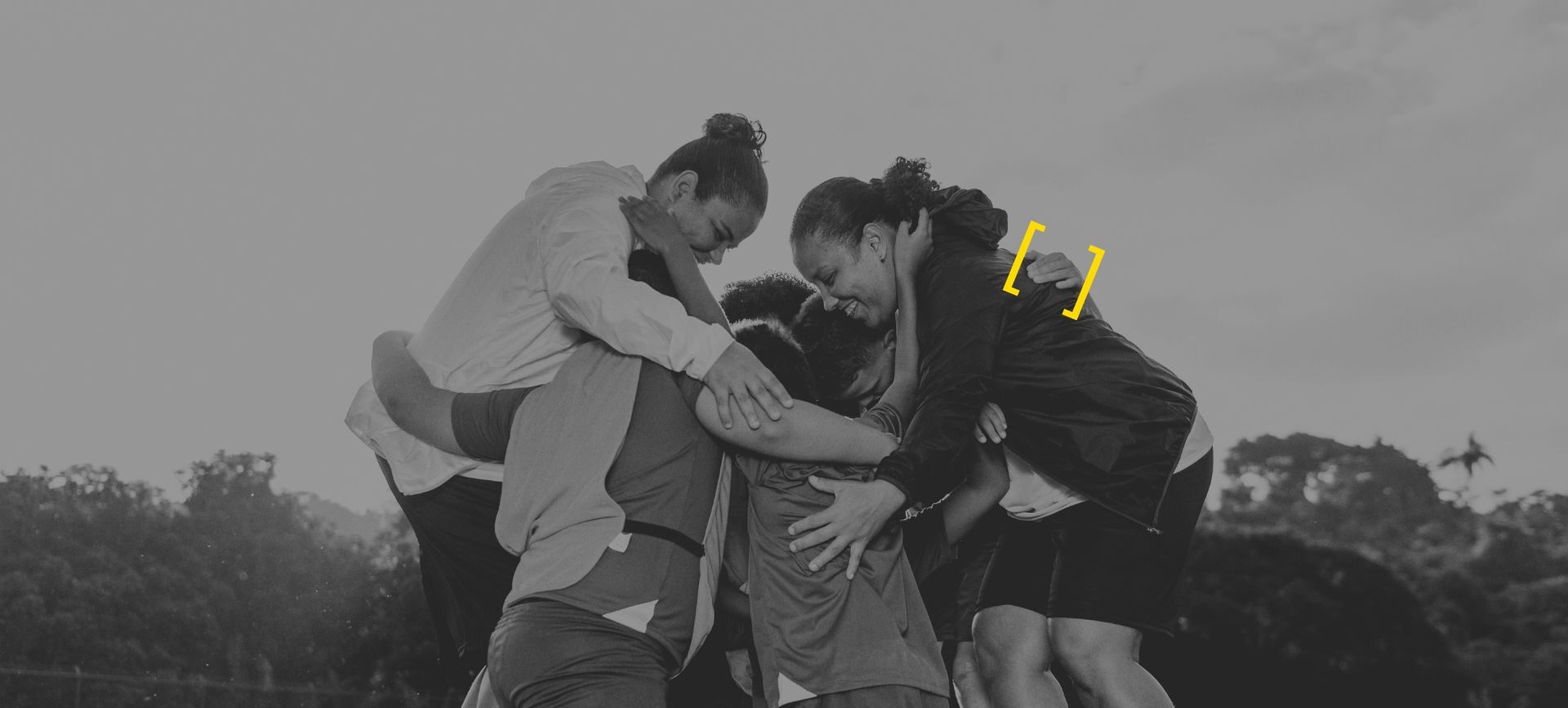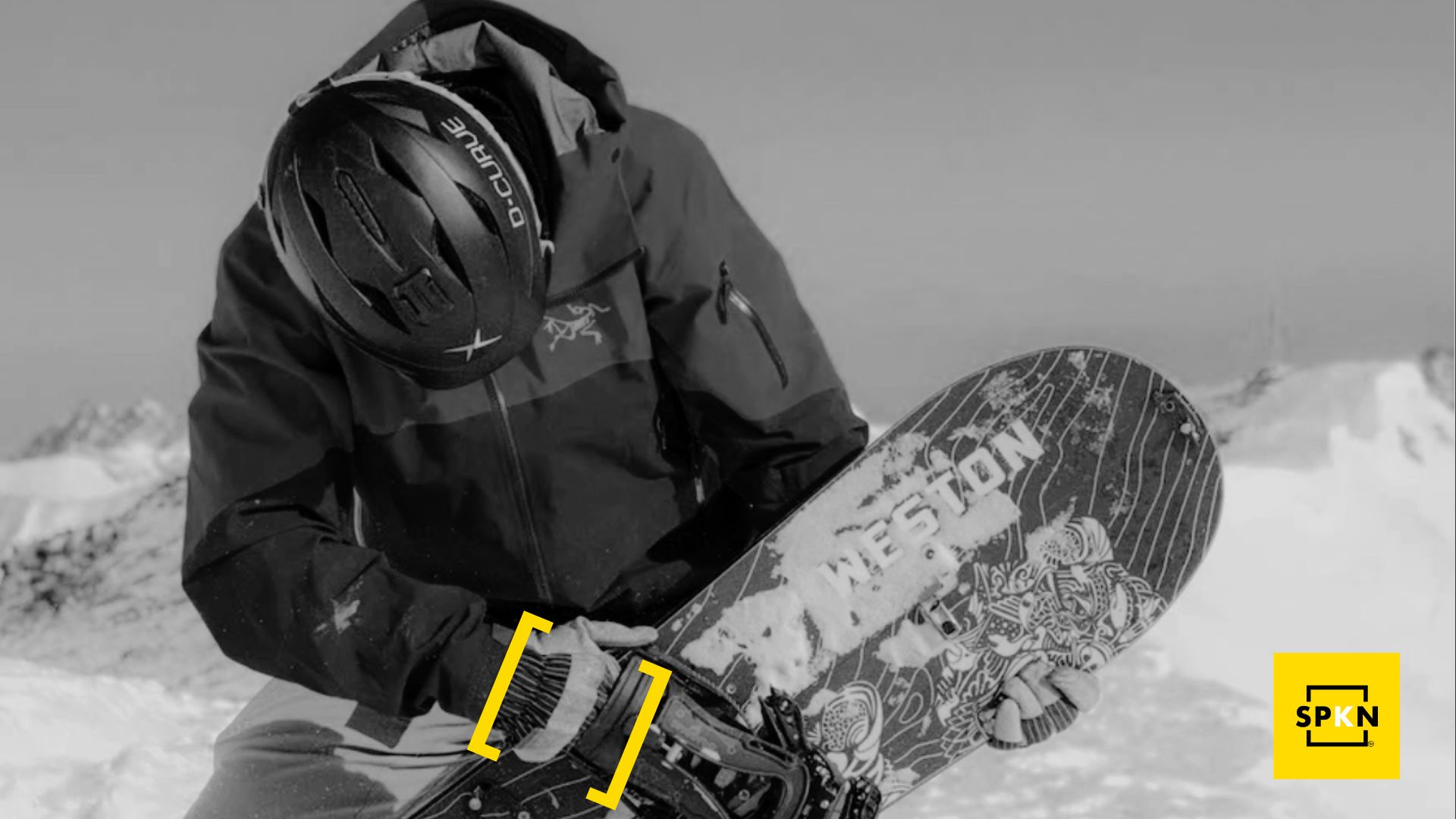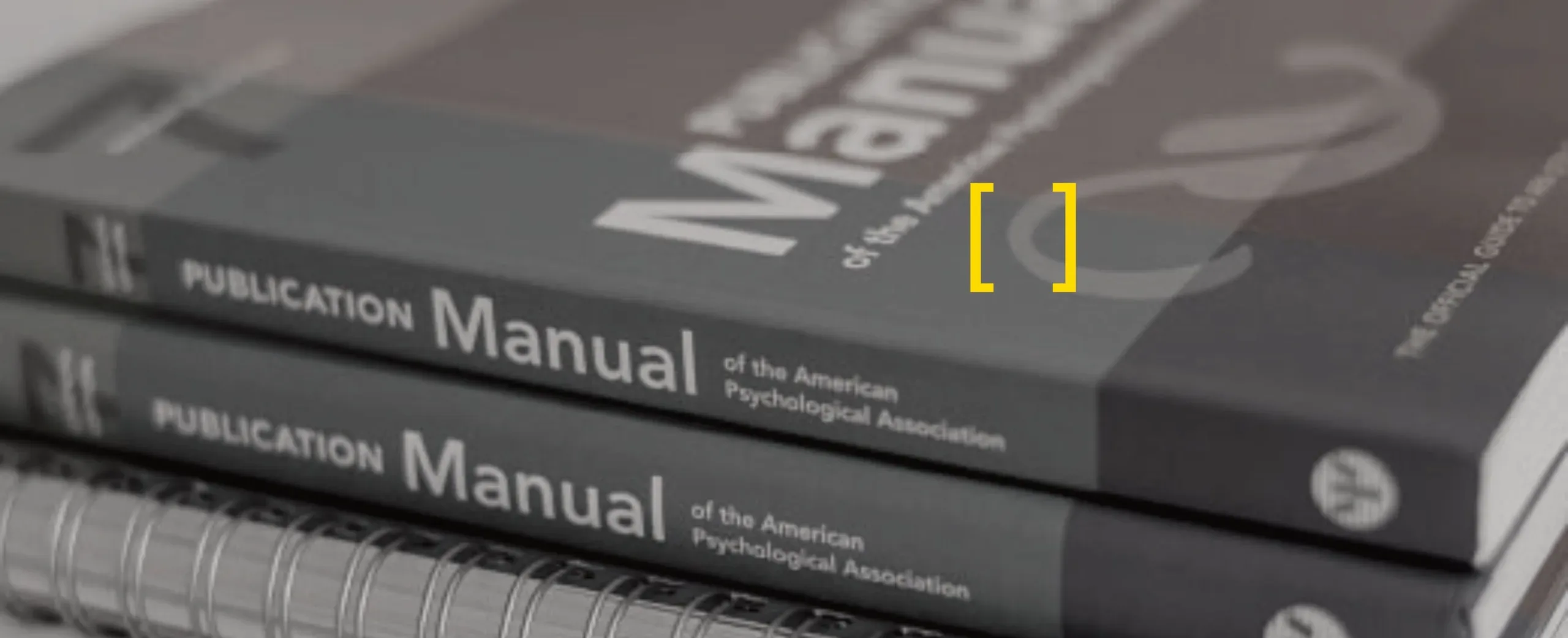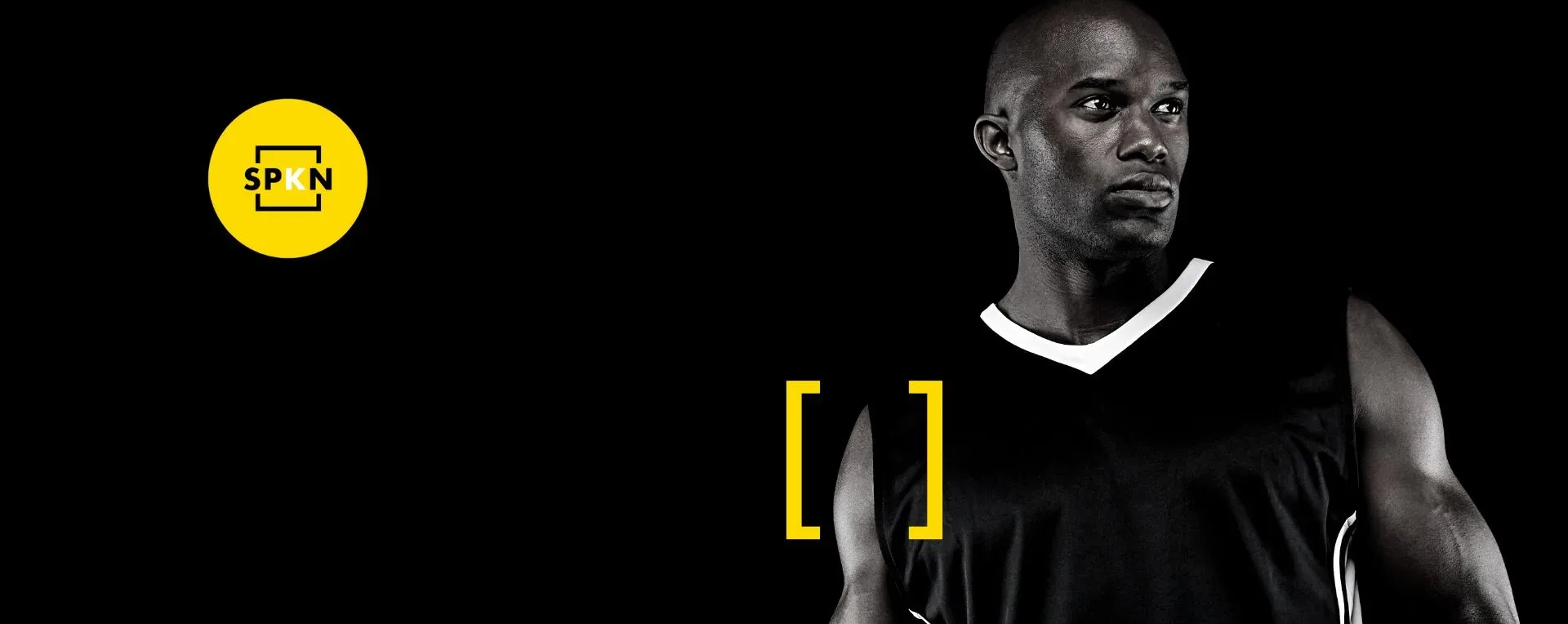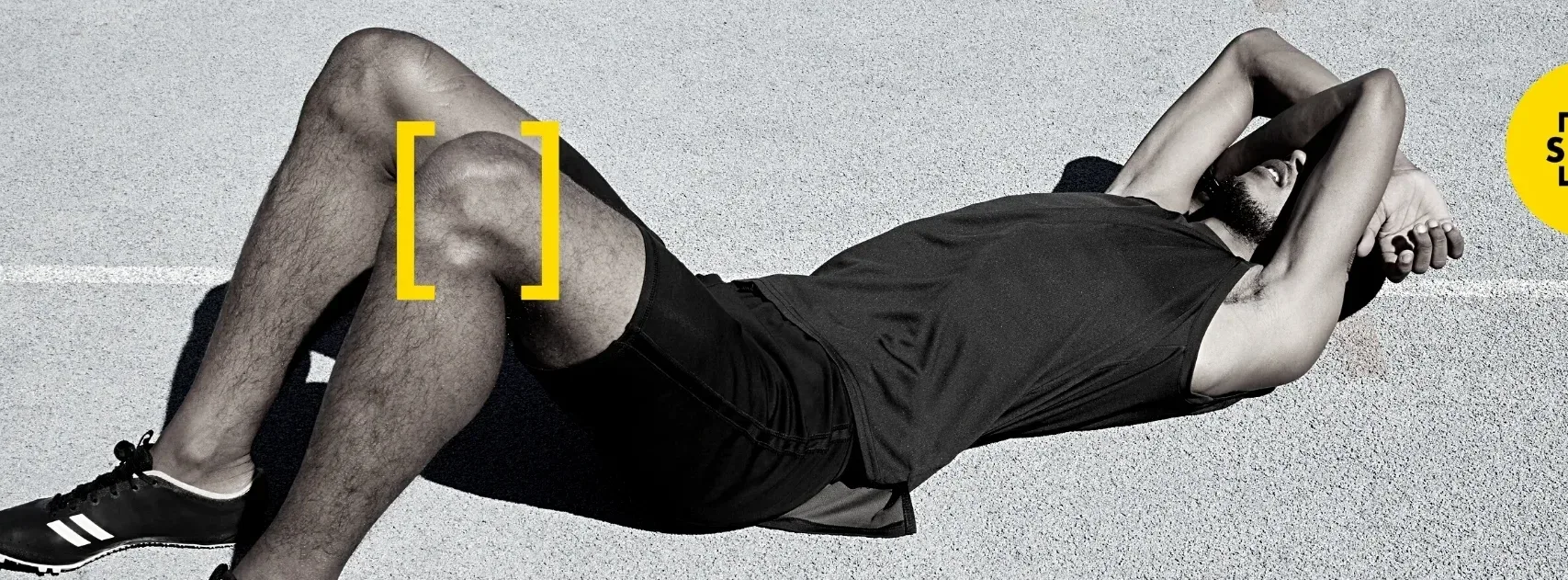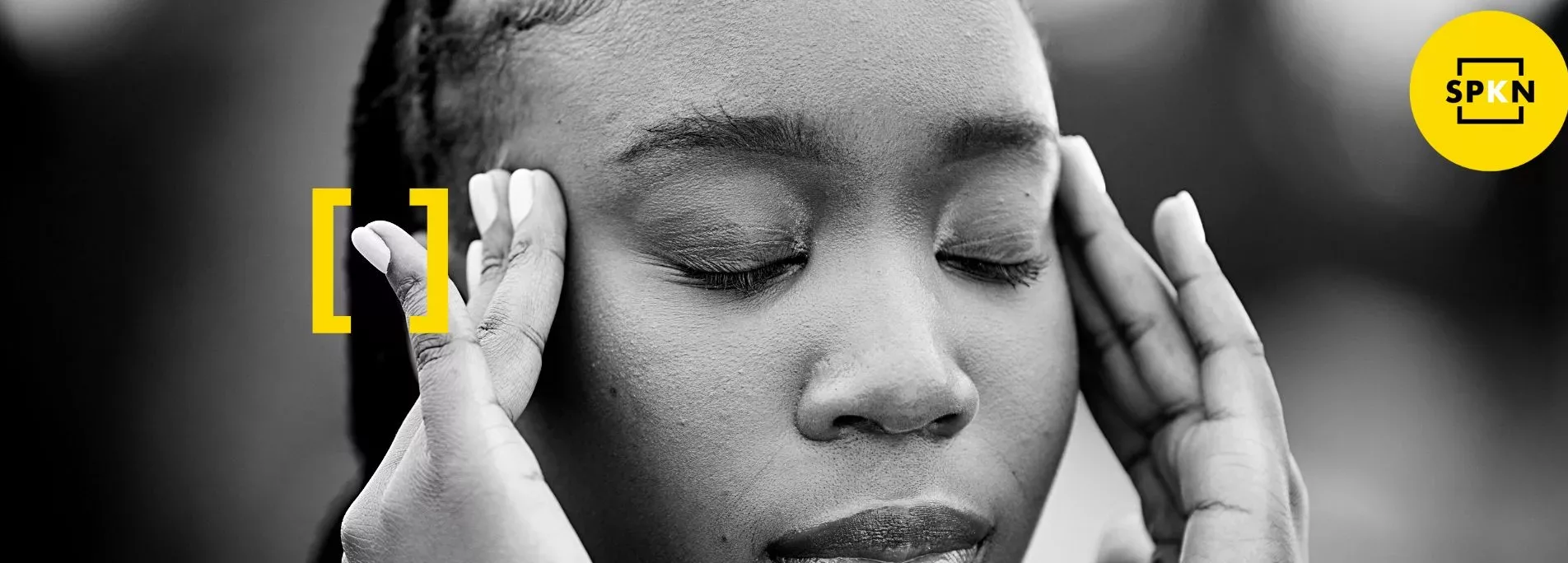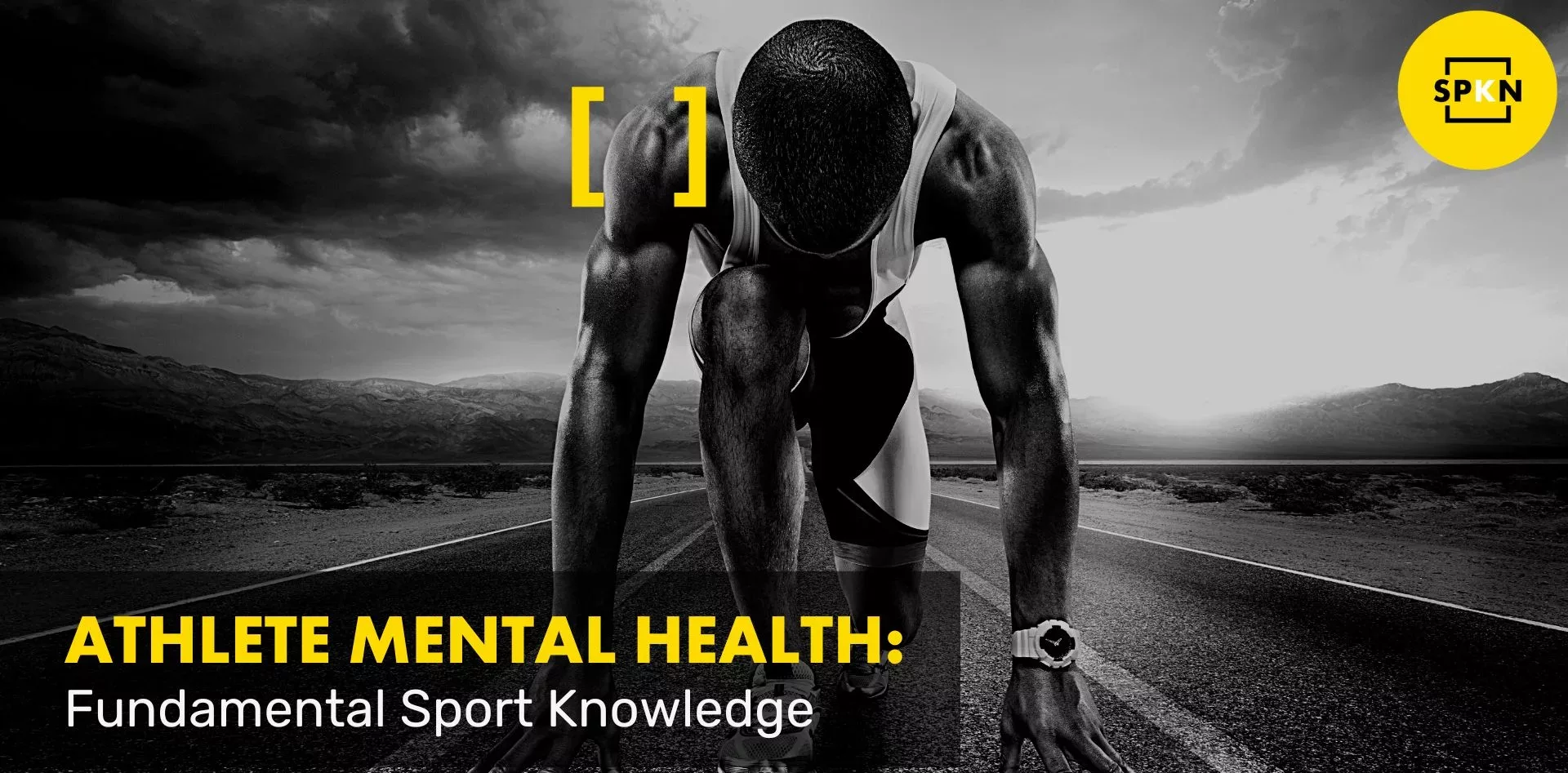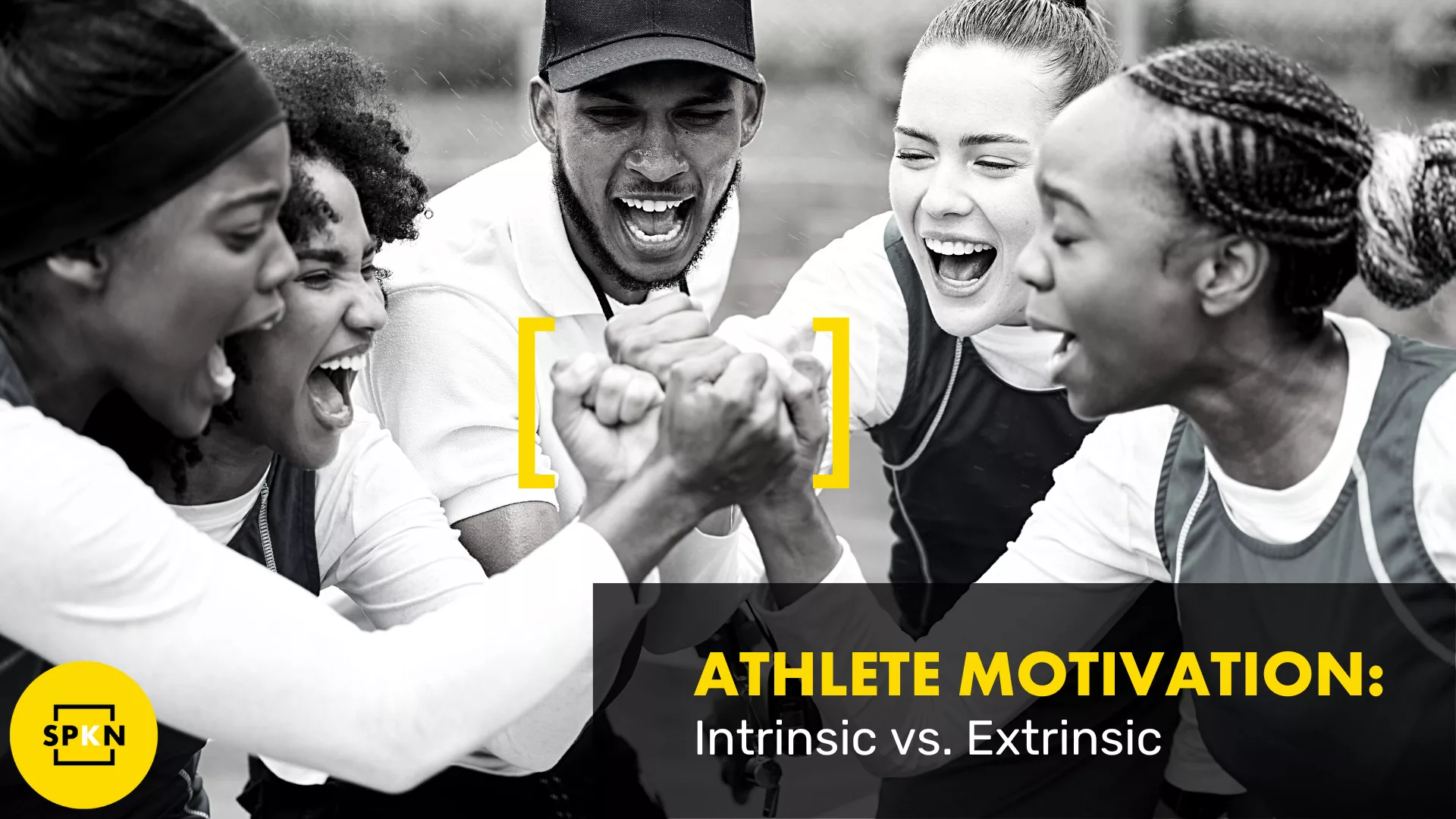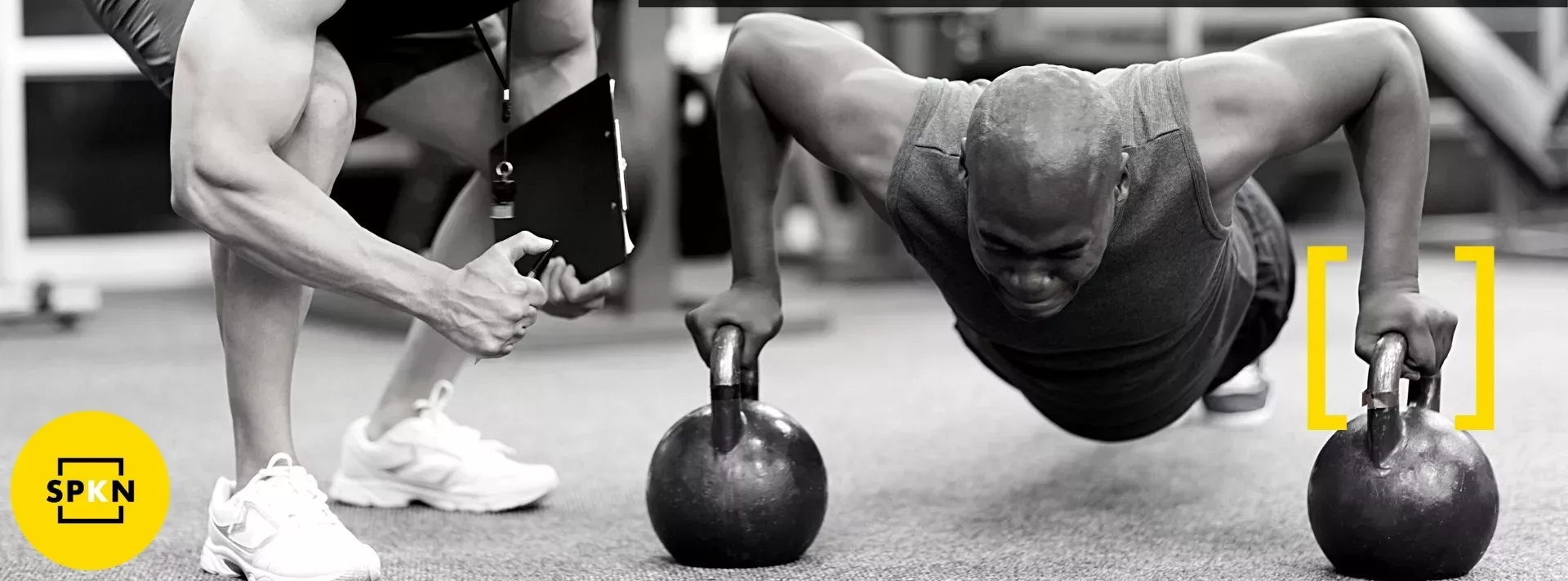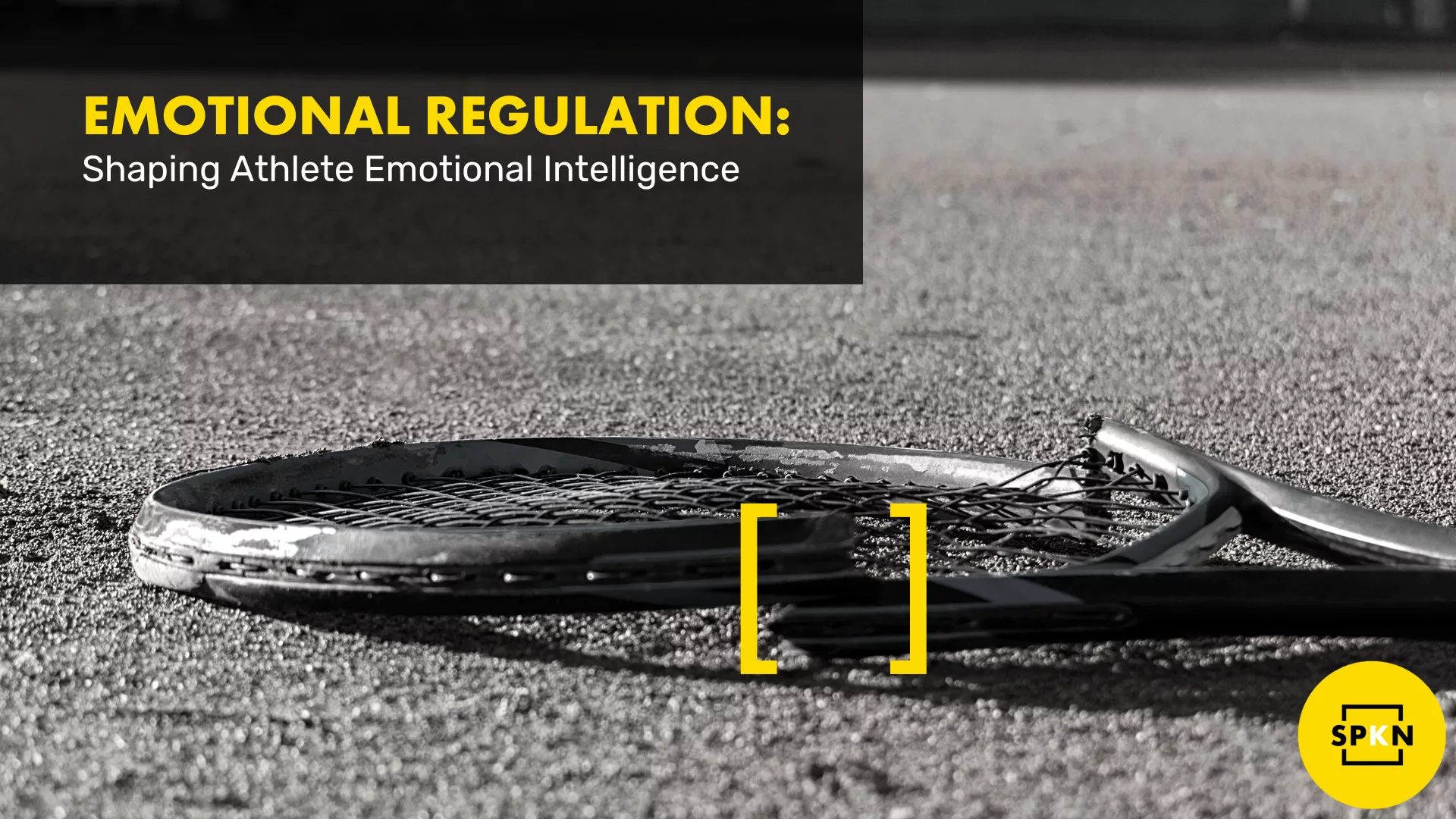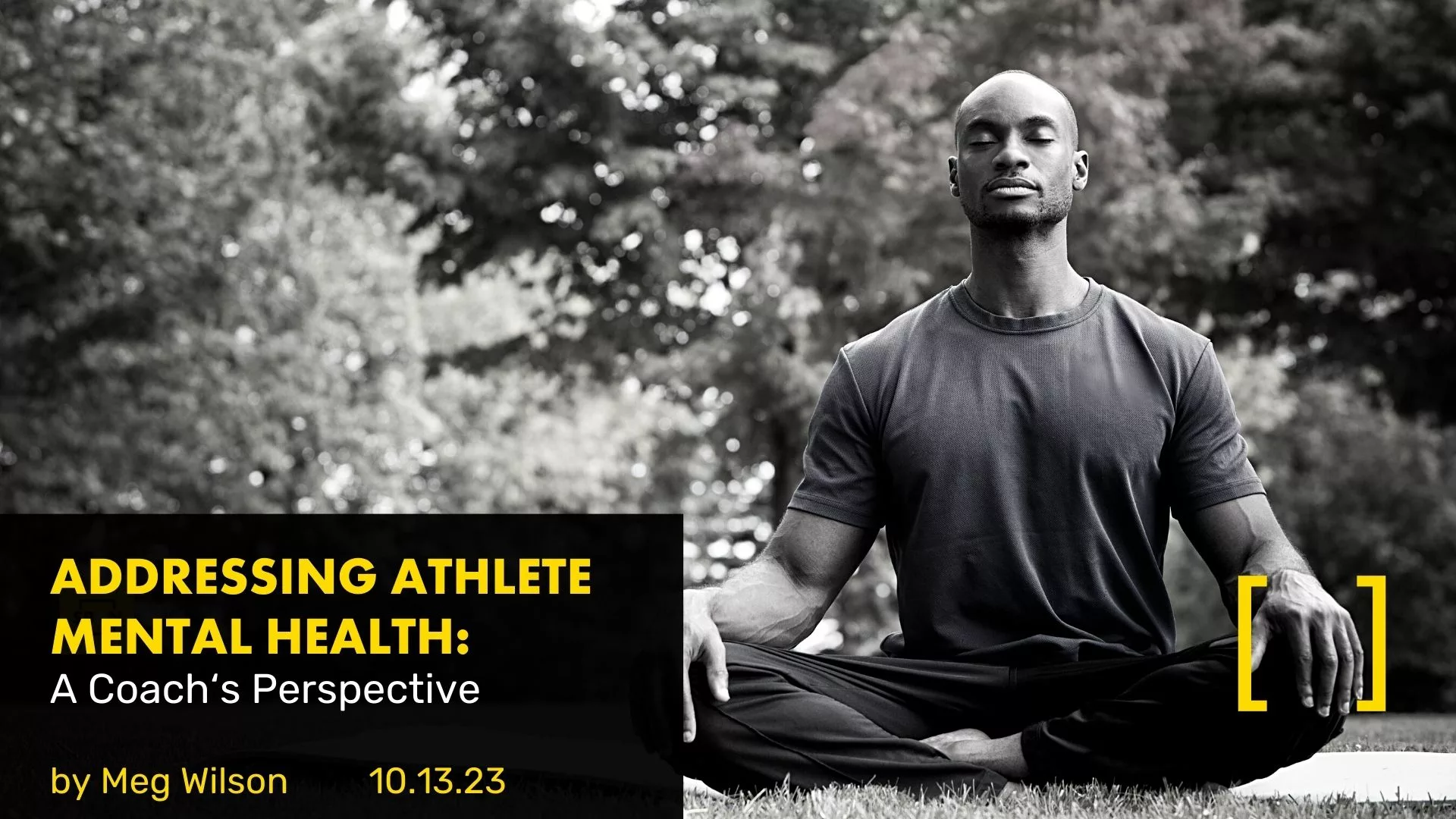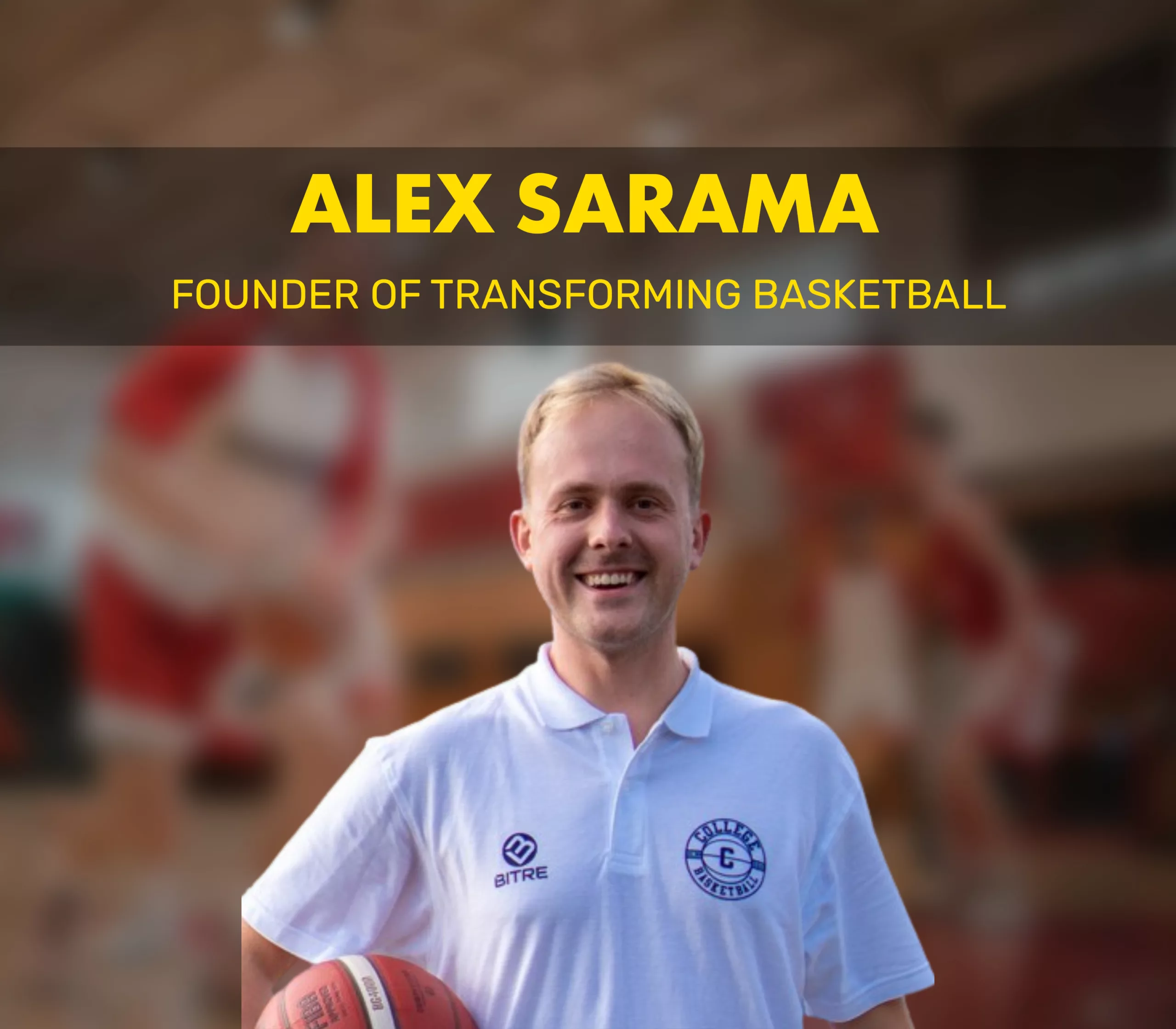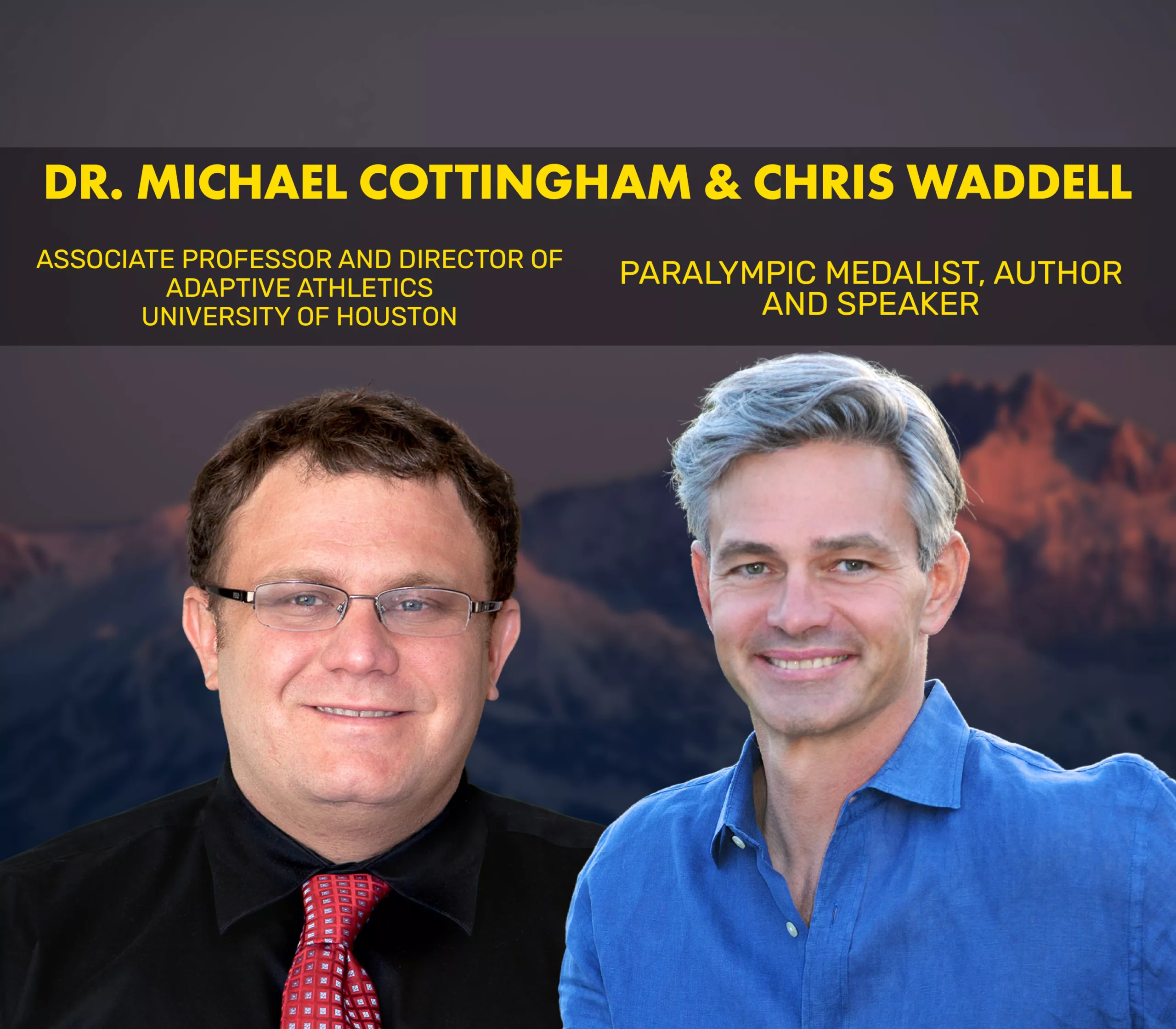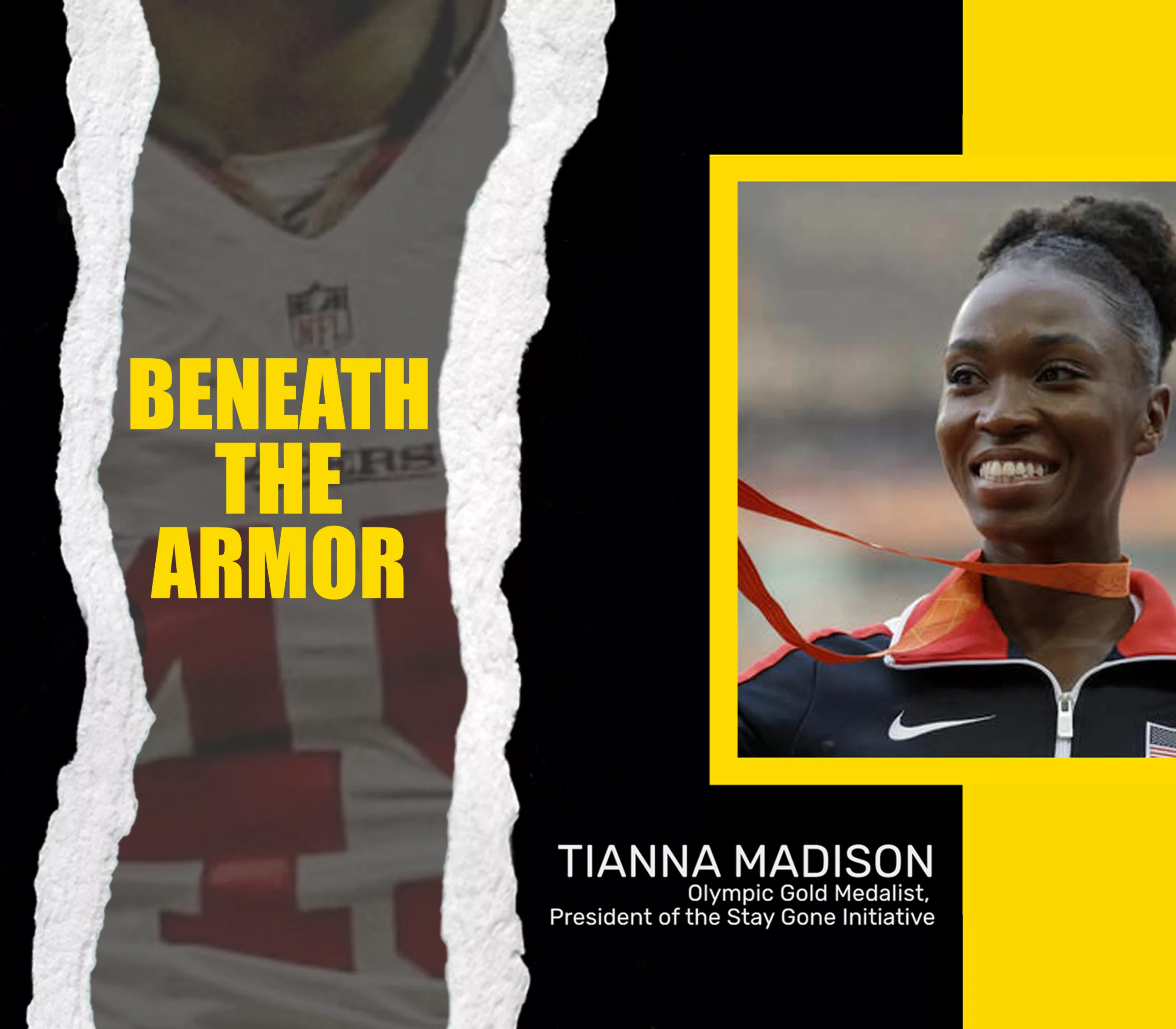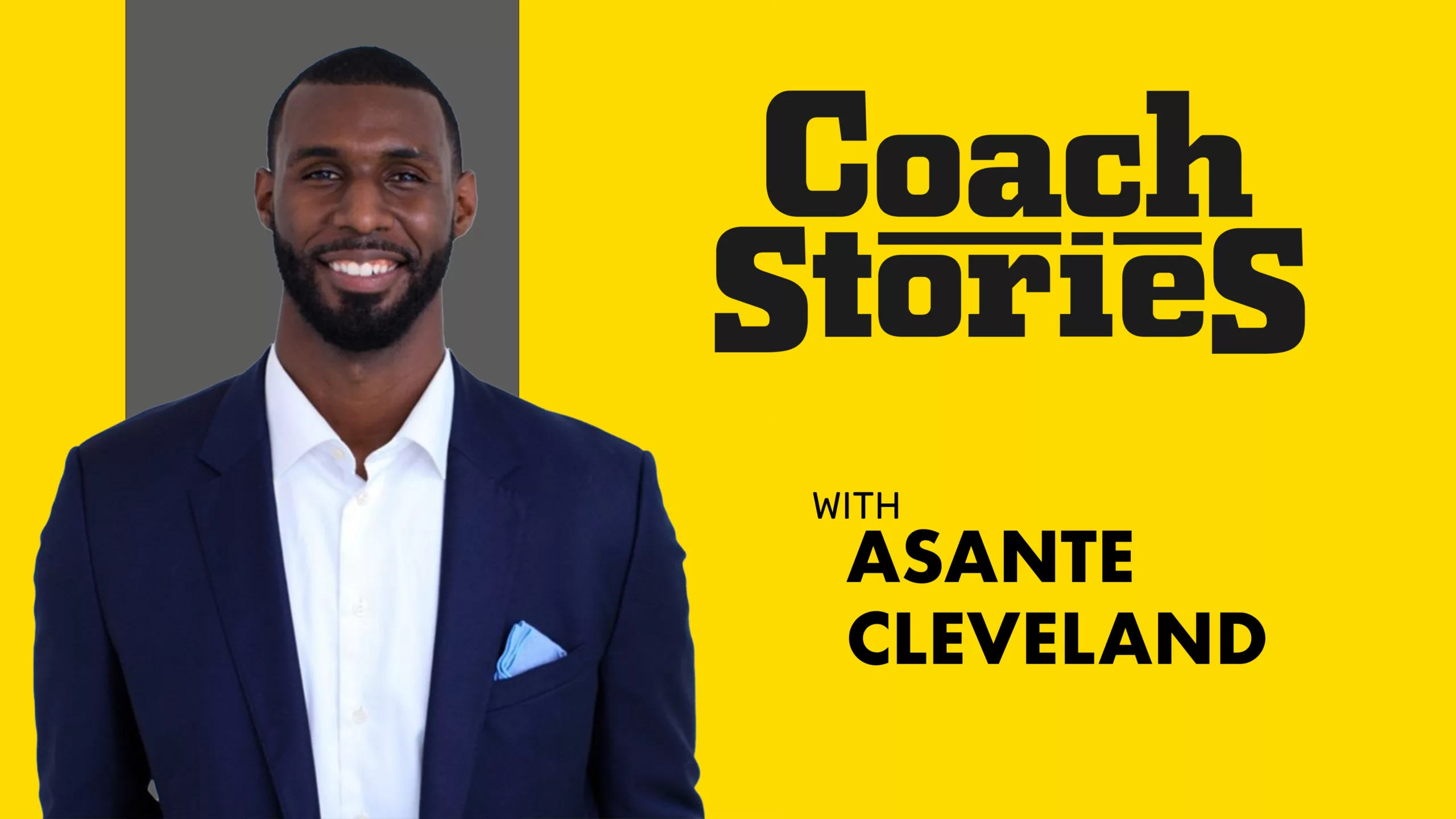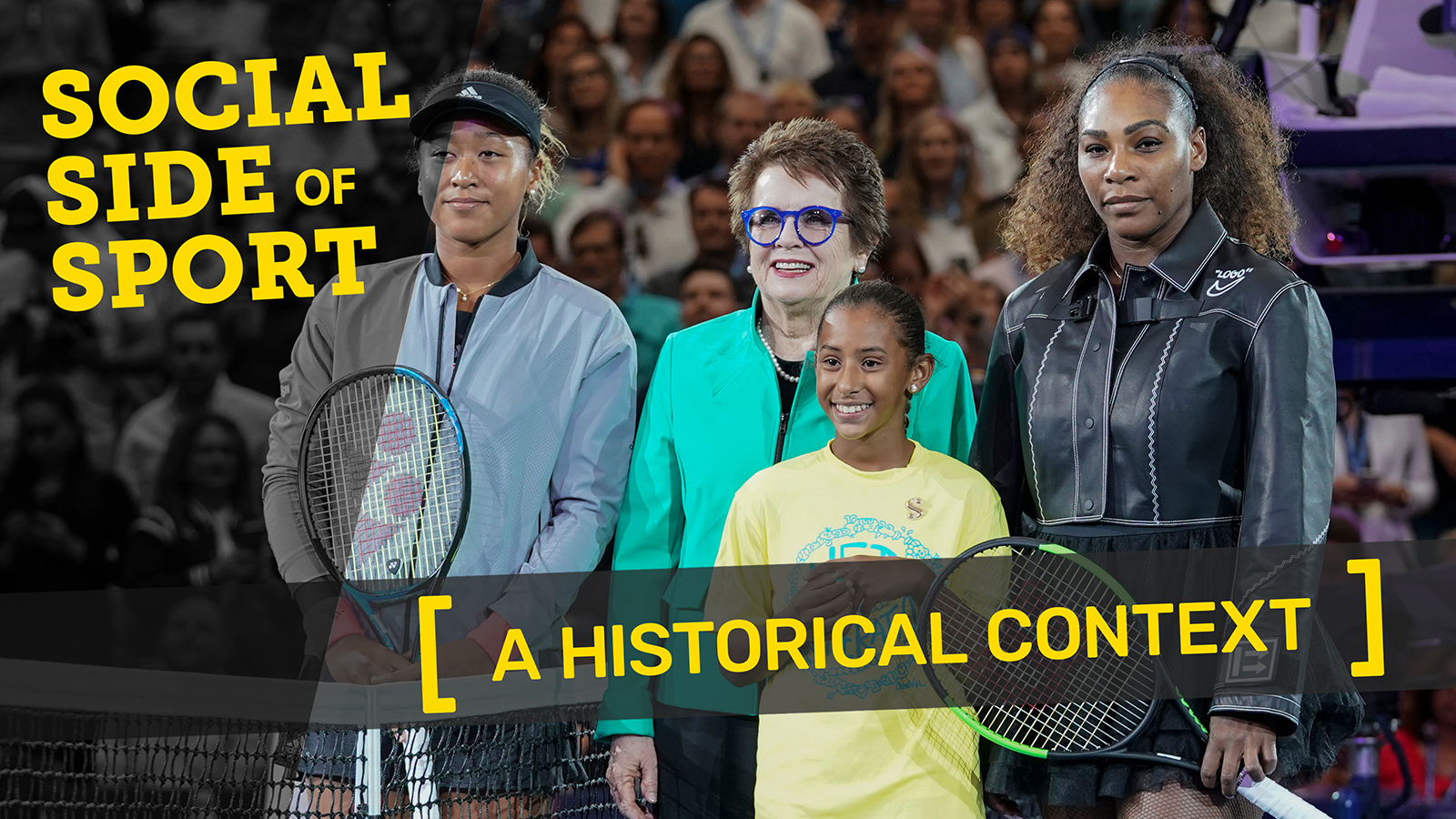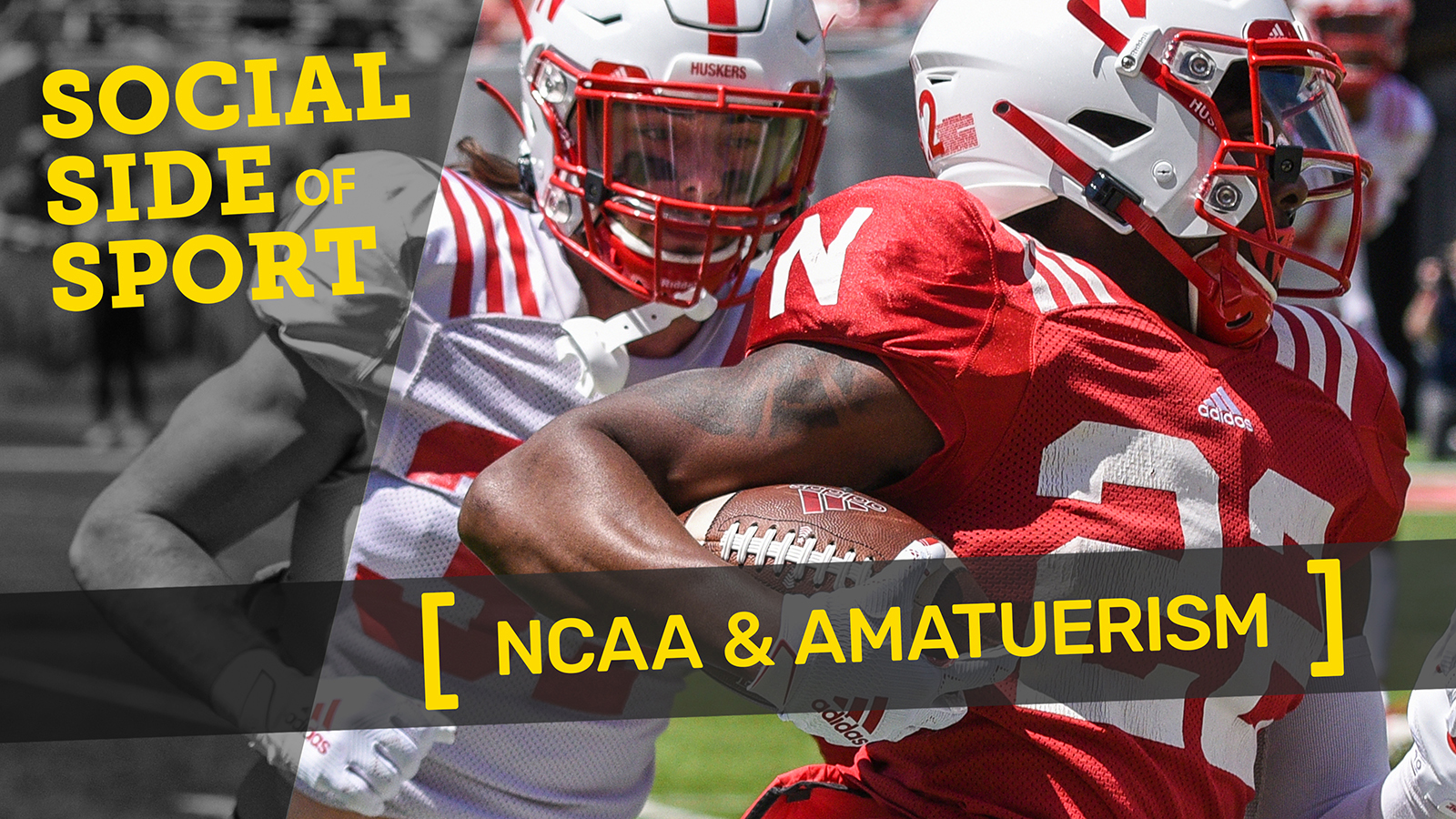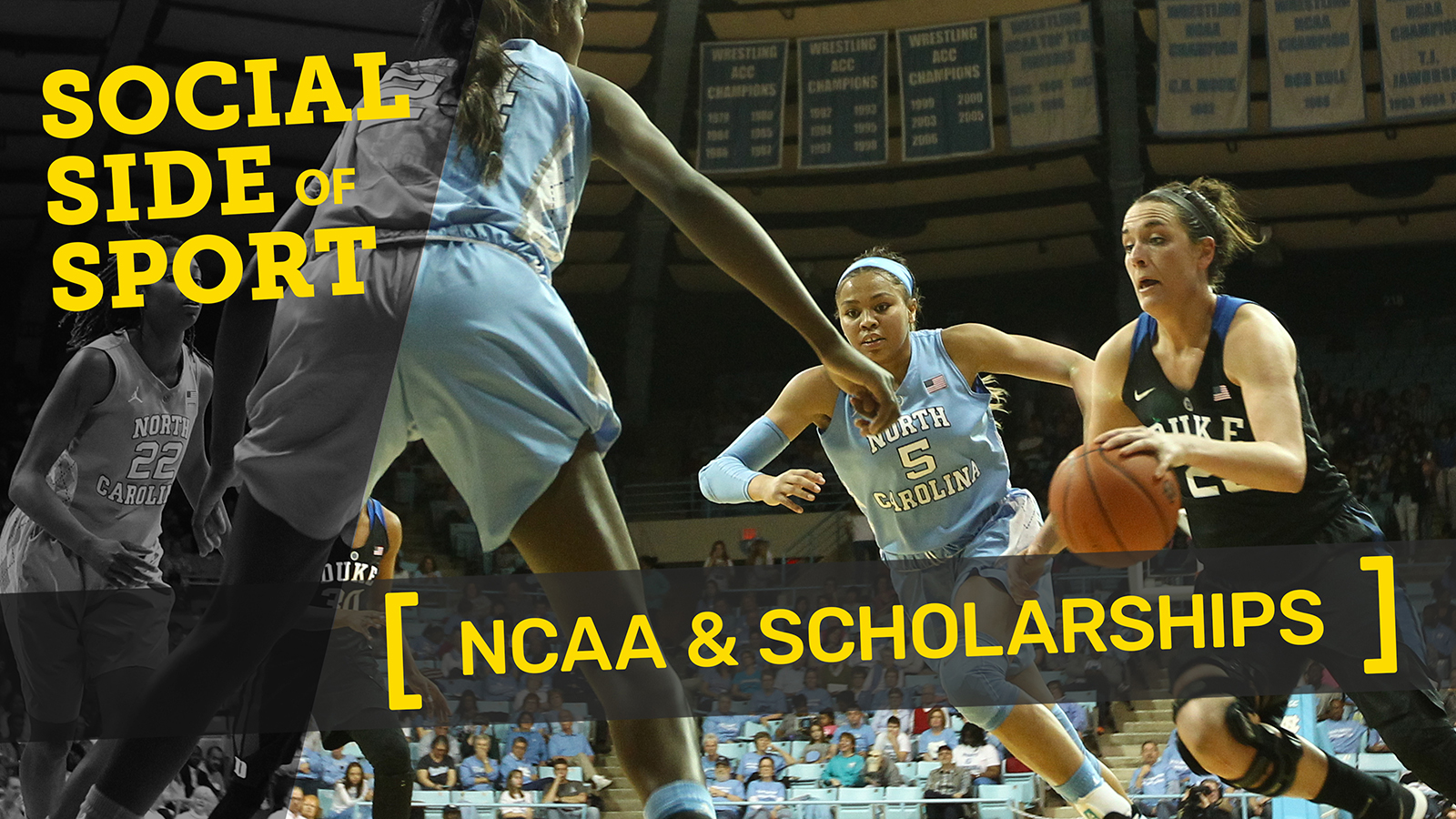Skill acquisition is all about learning and improving the movements that we make (Williams & Ford, 2009). It looks at how we learn new skills and how we get better at them over time. There are three main stages that people go through when they are learning a new skill (Fitts & Posner, 1967). The first stage is the cognitive stage, where you are trying to understand what you need to do. The second stage is the associative stage, where you are getting better at the skill and making fewer mistakes. In the third stage, the autonomous stage, you have practiced the skill so much that it becomes almost automatic, and you don’t have to think about it as much. Not everyone progresses through all three stages, and it depends on how complex the skill is and how motivated someone is to learn it (Zhang, 2019).
Fitts, P. M., & Posner, M. I. (1967). Human performance. Belmont, CA: Brooks/Cole Pub. Co.
Williams, A. M., & Ford, P. R. (2009). Promoting a skills- based agenda in Olympic sports: The role of skill-acquisition specialists. Journal of Sports Sciences, 27(13), 13811392.
Zhang, C-Q. (2019). In D. Hackfort, R. J. Schinke, & B. Strauss (Eds.), Dictionary of sport psychology: Sport, exercise, and performing arts. Academic Press.

